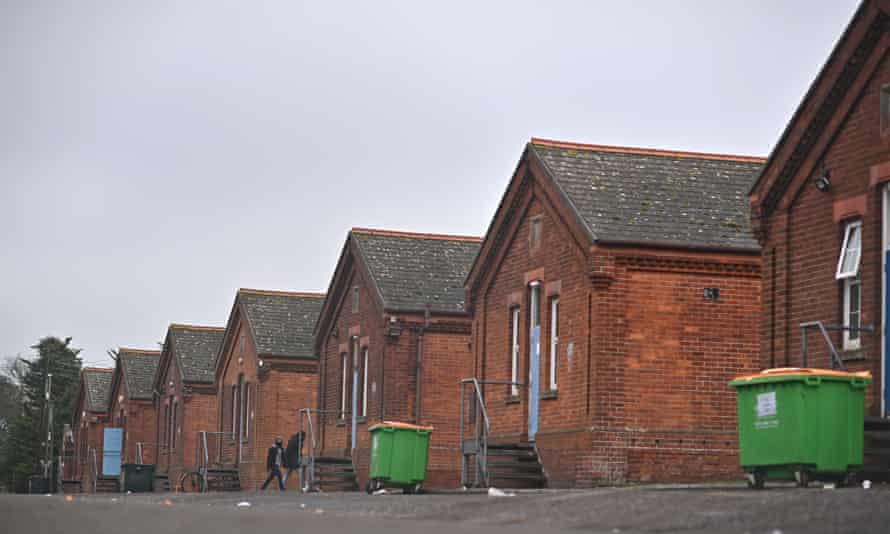In January of this year, 178 people tested positive for Covid-19 at the Napier army barracks in Kent where asylum seekers are being held. The following month, an inspection was carried out by the Independent Chief Inspector of Borders and Immigration (ICIBI) and Her Majesty’s Inspectorate of Prisons (HMIP). Their report highlighted serious safeguarding concerns about the condition of the site and stated that an outbreak of the virus was “inevitable”.
The prison-like and unsanitary conditions caused Napier to be characterised as “unfit for habitation” and there have been reports of high levels of depression and mental health problems among its residents. Fears are now growing after the Home Office issued residents with a letter informing them that more people will be moving into Napier by April 2nd. Images have surfaced that show dirty mattresses on the floor and dormitory-style sleeping arrangements with the report stating that there were particular concerns regarding the safeguarding of those who are likely to self-harm.
Since September, the barracks have been used to house around 400 men who are seeking asylum in the UK. Contractors were given less than two weeks to prepare the site for their arrival, which the report deemed too short notice considering the poor state that it was in. Residents were told that they would be staying there for a few weeks, yet 6 months on, they remain in overcrowded and “filthy” conditions.
Napier is a clear breach of Human Right’s Convention and six of the residents are currently pursuing judicial review of the conditions. They have made a case that by being held at Napier, their rights as outlined in the European Convention of Human Rights are being violated. They will also argue that the conditions amount to unlawful detention and fail to meet their essential living as outlined in the Immigration and Asylum Act.
Priti Patel’s decision to house these people in such disgraceful conditions is harrowing and shows the extent to which anti-immigration politics has gripped Britain. An ideological divide around immigration and race has always existed in this country and since the 60s anti-immigration rhetoric has crept into the arena of high politics. From Powell’s Rivers of Blood speech to Thatcher inflaming fears that the UK would be “swamped” with migrants, this country’s long history of hostility towards those who come here seeking a better life is undeniable.
In recent years, the Conservative government has further inflamed this sentiment. In 2010, David Cameron began a decade of Tory rule with an unrealistic pledge to reduce net migration to 100,000. Despite failing on this, Conservative leadership has since been characterised by Theresa May’s “go home” vans, the Windrush scandal, an emphasis on ethno-Britishness with Brexit and now Napier. The Conservative government embodies far-right racist rhetoric and does not appear to be slowing down.
But let’s not forget that Labour also has a history of this hostility. Their relentless racialisation and alienation of Muslims since 9/11 through policies such as immigration ID cards under Blair, along with Ed Miliband’s 2015 pledge to curb migration and now Starmer’s failure to tackle anti-Black racism is another side of the same dirty coin. With Labour now focusing their strategy on patriotism and the flag, it seems unlikely that opposition to this breed of anti-immigration racism will be strong.
It is against this backdrop that the situation in Napier exists, and it appears that even in a global health crisis, the lives and safety of immigrants still do not matter. Until there is a strong political will to change this narrative, xenophobia and hostility will continue to destroy the lives of those who need the most protection.
Shiler Mahmoudi
Image source: The Guardian

